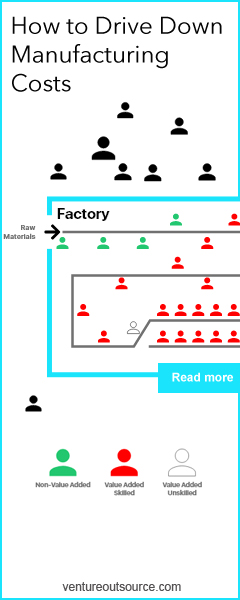A magnitude earthquake of 6.8 struck the west coast of Japan July 16, 2007, killing more than ten people. The earthquake epicenter was located near the city of Niigata and delivered serious damage to many buildings. Utilities including natural gas; water, and electricity were interrupted with many people without power.
The media reported nuclear power stations in the area suffered serious damage and radio active waste was discovered. The Japanese government directed the electric power supply company to cease all operations from eight nuclear reactors in the area.
When the nuclear facilities were built, the electric company guaranteed its reliability and safety to withstand the strongest earthquake; however, they now have no idea when the plant can resume operation from its nuclear reactors. The power shortage during the hottest summer in Japan is on everyone’s mind.
RIKEN Corp., an automobile parts manufacturer in the area, also suffered serious damage within its facilities prompting a brief production stoppage. Since RIKEN has a large share of the market within the piston ring industry, Japanese automobile manufacturers also shut down operations.
Questions are being asked about the JIT (Just in Time) systems introduced to Japanese car manufacturers as a way to decrease manufacturing costs. When Japanese auto makers adopted this management concept, their vendors were expected to deliver the exact amount of parts and materials used in manufacturing processes on time and to eliminate surplus inventory.
Automobile companies no longer needed large warehouses to inventory major parts and materials.
Unfortunately, there was no surplus inventory of piston rings (a key engine part), and there was no alternative supplier to RIKEN. Some ring supplies that were in transit or, in the pipeline before the earthquake struck, were exhausted within a few days. This hobbled car manufacturers causing production to halt.
As long as the planets stay aligned, and no wrench is thrown into its gears, JIT is an efficient concept; however, as several business analysts pointed out, the unpredictable: earthquakes, typhoons, or other natural disasters, are the unknown variables that weaken or cause calamity to the “Just In Time” system.
Industry analysts did not give too much credit to the resilient Japanese auto manufacturers.
Leading automobile companies including Toyota Motors and Honda Motors deployed rescue teams to the RIKEN plant which included several hundred engineers and technicians along with the necessary machines and tools to repair the building infrastructure and damaged manufacturing equipment.
These rescue teams seemed to be more effective than the government troops. Their tasks completed very quickly, RIKEN resumed production within a week, and reached full operation within two weeks, despite the fact RIKEN management had no idea how to patch up the plant that was destroyed by an earthquake just days earlier.
Once the dust settled, automobile industry spokespersons released nearly identical communications re-stating their support for the JIT system as a reliable and cost effective concept. They further added there are no plans to increase production part inventories or, increase the number of vendors, in anticipation of future natural disasters; however, consideration will be placed on optimizing quicker recovery systems.
The JIT system is a technique that has contributed to the success of Japanese automobile manufacturers to emerge as a global leader in the automotive industry. There are many books published in the U.S. explaining the JIT systems and the Kanban systems.
Many American companies have tried to adopt the systems; however, reports indicate the management style has not worked very well in the U.S. or in Europe.
One could argue the textbooks introduce only basic ideas about the manufacturing systems, and it is not easy to understand its real values or how to evolve as an organization using this system. I hope the quick actions of the automobile companies during the earthquake disaster give you some insight to better understand the JIT system
Source: EPTE Newsletter from DKN Research
Get list of EMS manufacturers for your requirements (Its free)
Save time and money. Find quality EMS manufacturers. Fast. Venture Outsource has a massive, global database of contract electronic design and manufacturing capabilities. Speak with a Provider Advisor.
“Was able to very quickly find details on the important elements of setting up EMS and ODM partnerships, talked with an advisor for personalized info on quality providers matching our requirements while getting up to speed quickly about the industry and connect with key staff from like-minded companies and potential partners. Great resource.”
— Jeff Treuhaft, Sr. Vice President, Fusion-IO
Advisors tell you matches we find for your needs, answer your questions and, can share EMS industry knowledge specific to your industries and markets.







